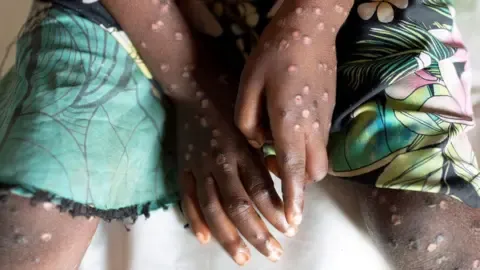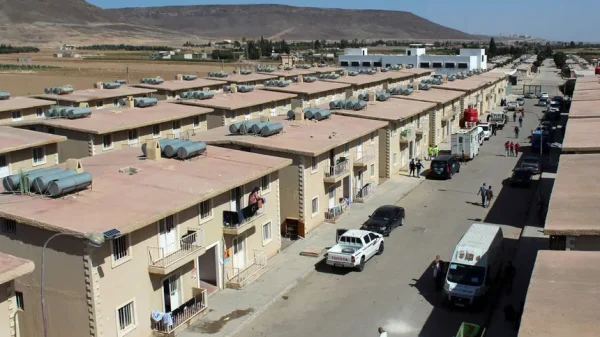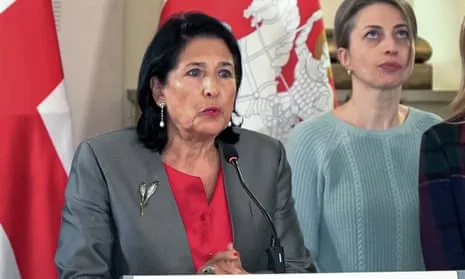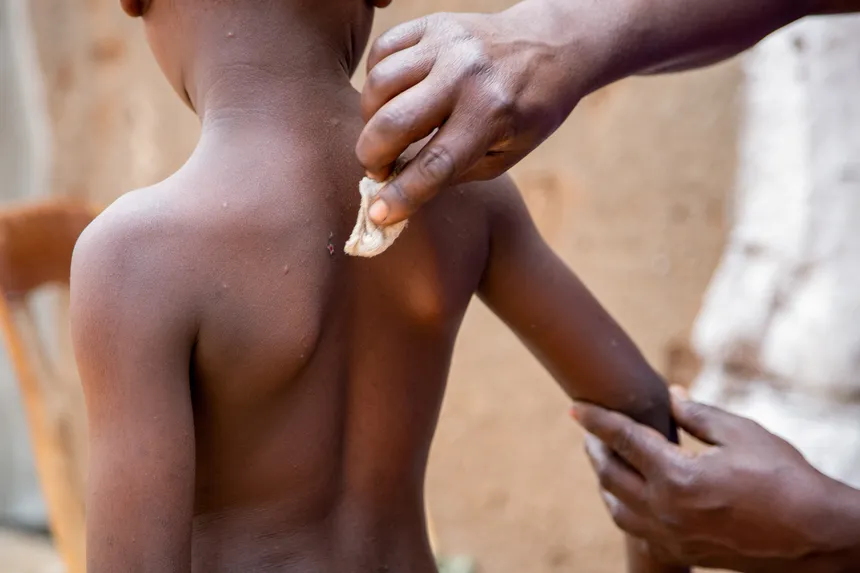The Democratic Republic of the Congo, with nearly 30,000 suspected mpox cases and 859 deaths, stands as the epicenter of the disease outbreak that has spread to several African countries and beyond. The country’s 26 provinces have all recorded mpox cases, with children under 15 bearing the brunt of the infections and deaths. Due to this situation, authorities have begun vaccinating against mpox, a move welcomed by hospitals and health workers who have been overstretched in their efforts to contain the new and possibly more infectious strain of the virus.
The vaccination drive, which began in the eastern city of Goma, targets adults, particularly at-risk populations and frontline workers, with the aim of curtailing the spread of the disease. Although only 265,000 doses have been donated by the European Union and the US, a further three million doses approved for use in children are expected from Japan in the coming days. The doses will be given to those who need them most, with health minister Roger Kamba stating that strategies have been put in place to vaccinate all targeted personnel.
Mpox, also known as monkeypox, has a long history, but the current outbreak in Africa is spreading rapidly, with over 34,000 suspected cases and 866 deaths recorded across 16 countries this year. The Africa Centres for Disease Control and Prevention has reported a 200% increase in cases compared with the same period last year. The increasing cases are attributed to the virus being spread via sexual transmission as well as through close contact among children, pregnant women, and other vulnerable groups.

Africa Battles Mpox Outbreak with Vaccination Efforts Underscored (Image via Getty)
Access to vaccines remains a significant challenge for Africa, with only 5.9 million doses secured for the continent, expected to be available from October to December. Dr Jean Kaseya, head of the Africa CDC, highlighted this concern, noting that the lack of doses may hinder efforts to contain the outbreak. However, despite these challenges, the vaccination drive in Goma has brought relief to those affected by the outbreak, with hospital staff expressing hope that widespread vaccination would help halt the spread of the disease.
North Kivu province, where the vaccination drive took place, is particularly vulnerable, with the World Health Organisation (WHO) warning of a major outbreak due to the “promiscuity observed in the camps” for displaced people. The news of the vaccination programme has been met with widespread relief by hospitals and health workers who have been battling the outbreak, with Dr Musole Mulambamunva Robert, the medical director of Kavumu Hospital, expressing hope that widespread vaccination would ultimately help stop the spread of the disease.


























